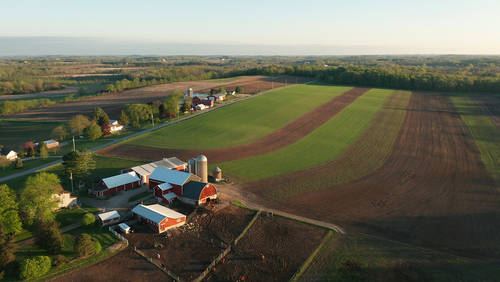
Seemingly joining with states’ efforts to block certain foreign entries into American agriculture, the U.S. Senate approved an amendment this week that would ban four nations in particular from buying up either American farmland or agricultural businesses.
In a 91-7 vote, the Senate authorized banning China, Russia, North Korea and Iran from that market, and enshrining that ban in the chamber’s version of the FY 2024 National Defense Authorization Act (NDAA). Originally proposed by U.S. Sen. Mike Rounds (R-SD), the amendment was envisioned as a counter to nationally-deemed foreign adversaries’ ambitions.
“China and Russia are our near-peer adversaries and North Korea and Iran are no friends of the United States,” Rounds said. “These four adversaries view America as their top competitor and only wish to gain advantage and opportunities to surveil our nation’s capabilities and resources. This commonsense provision will make our homeland more secure. I am pleased this amendment was included in this year’s NDAA, and I look forward to working with my colleagues to move this legislation across the finish line.”
The effort accelerated following the downing of Chinese surveillance balloon in February, but was already on some lawmakers’ minds as a result of large land purchases near American military bases by entities allegedly linked to the Chinese government. In recent years, more than a dozen state legislatures have voted through restrictions on foreign ownership of farmland.
In addition to outright prohibitions on the aforementioned countries in buying up land, the amendment would also add the Secretary of Agriculture as an ex officio member to the Committee on Foreign Investment in the U.S. to incorporate agriculture needs into future national security discussions. While the president could grant a waiver to prohibited countries, it would also require the president to report to Congress in the event they do.
Combined, the entities targeted here own less than 1 percent of U.S. cropland. In fact, it should be noted that as of a 2021 USDA report on foreign holdings, al foreign entities combined owned less than 4 percent of U.S. agricultural land, which encompasses more than just cropland.
As such, what effects such an amendment would mean in a practical sense remains to be seen.




